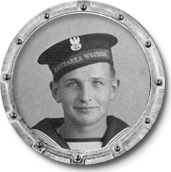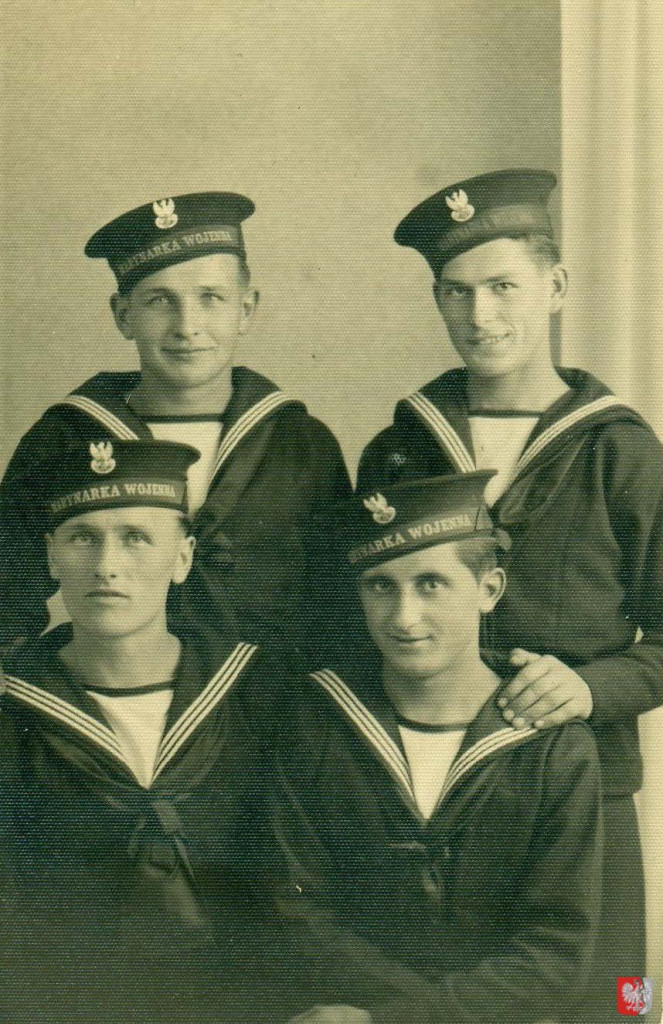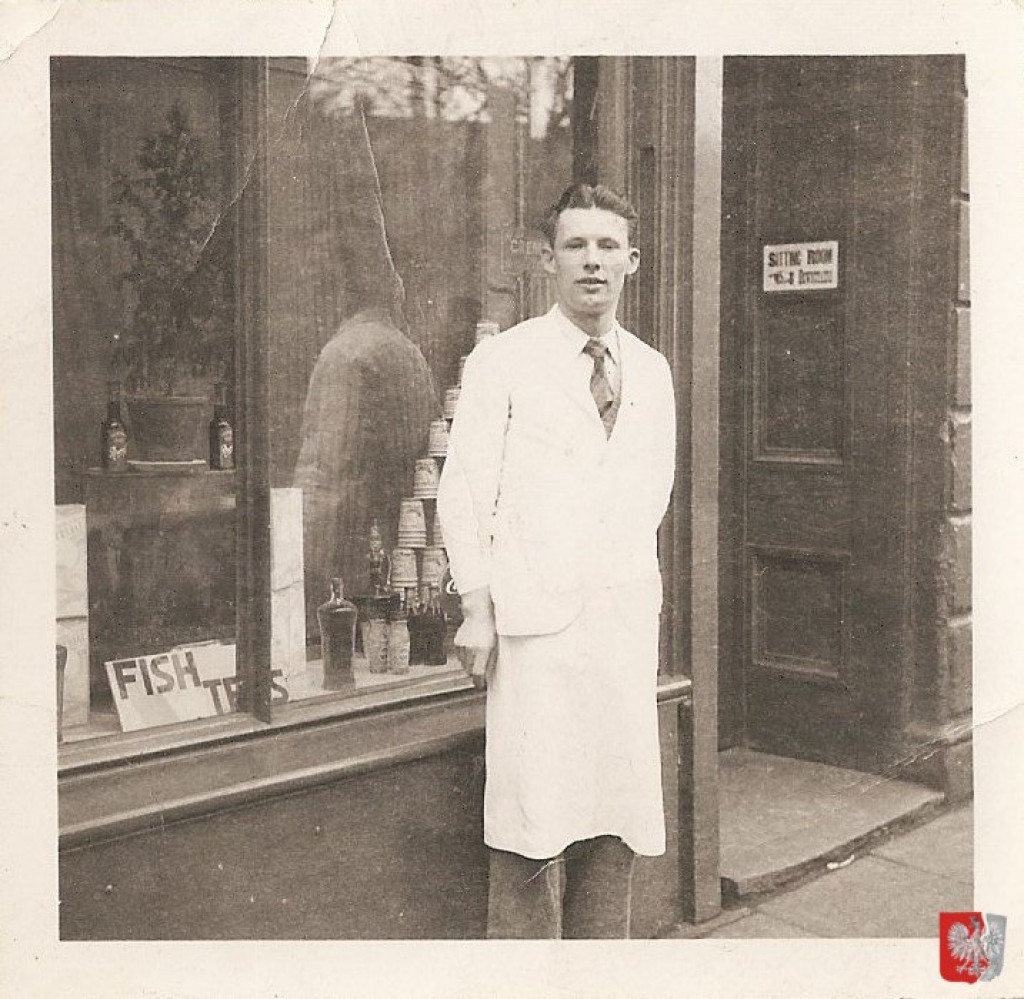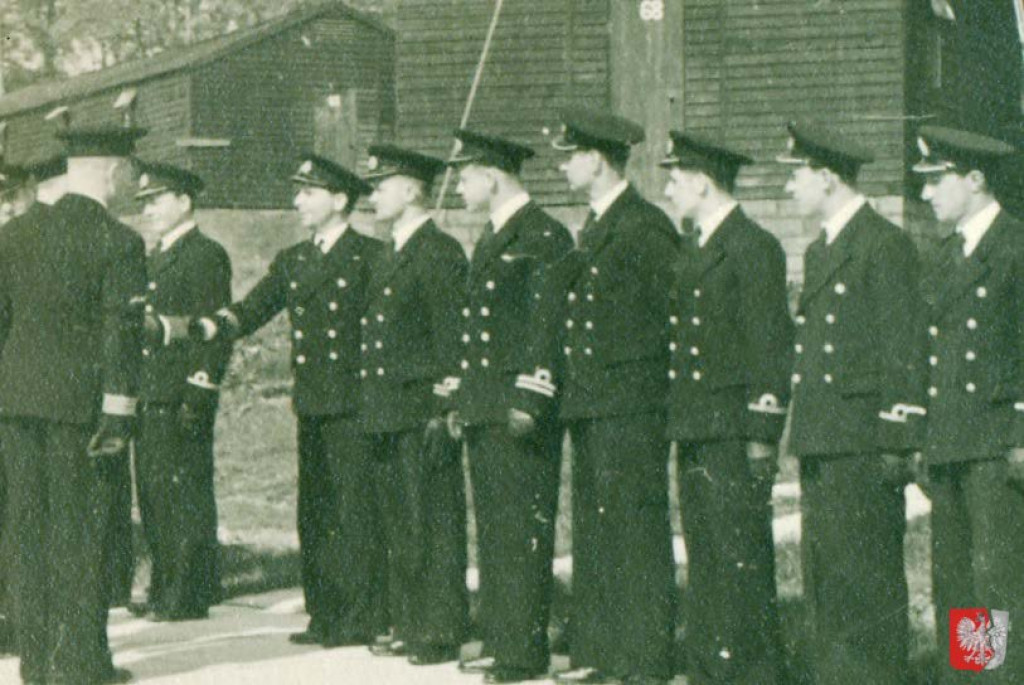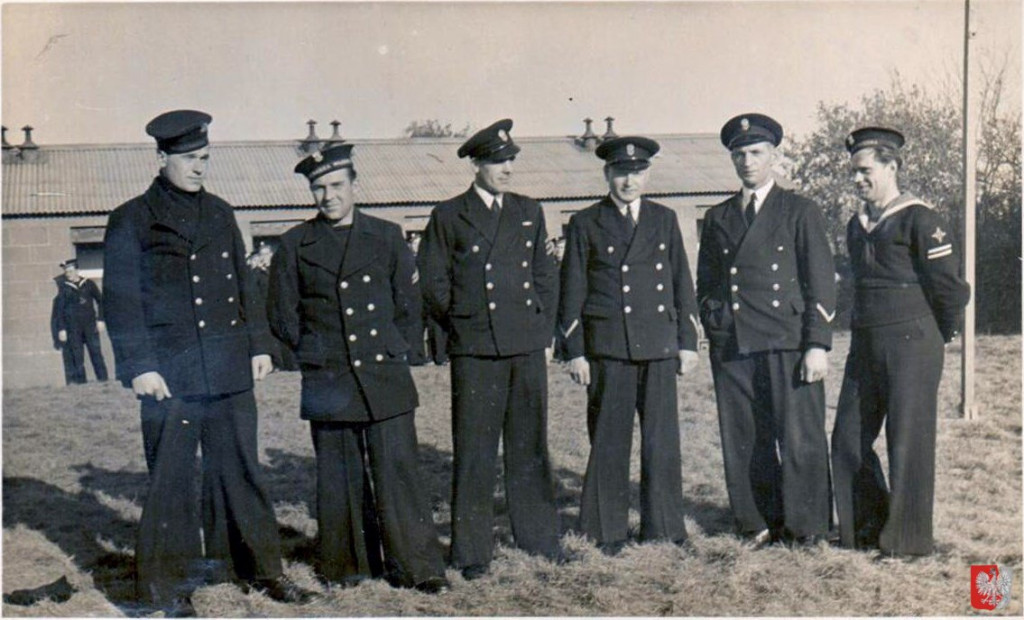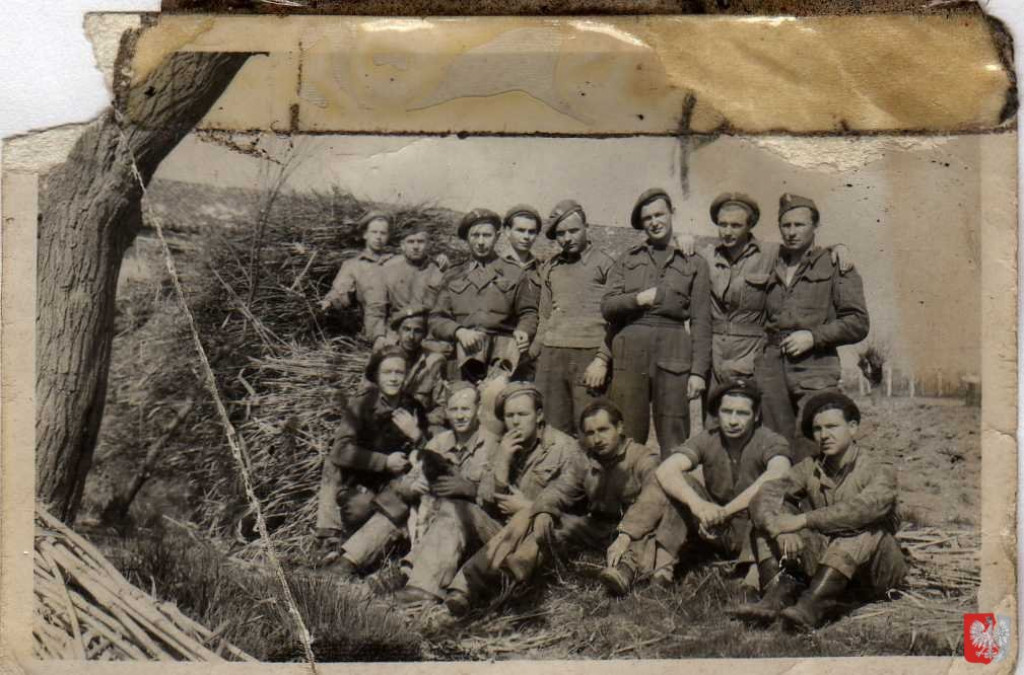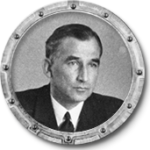
Polish Naval Memories of WWII
The first ORP Bałtyk was a Polish vessel moored off the Devonport naval base on the River Tamar. Later a land base (‘stone frigate’), with the same name, it was used for training. This was situated at the Okehampton rugby club. By the end of WWII there were over 100 women in the Polish Women’s Naval Service in administration roles. This branch was formed in December 1942 and recruits were initially trained at ORP Bałtyk as ‘mewki’ – in English, gulls. There was another centre at Woodford Green in Essex. Irena, a mewki, married Franciszek Rumiński. She had arrived in Britain from Northern France where she had spent her teenage years under German occupation. During this time she was a courier for her father, Kazimierz Szatny, the leader of a Polish resistance group operating in the Pas de Calais area.
By May 1945 the Polish Armed Forces serving under British command totalled 194,460. The Yalta and Potsdam conferences in February and July 1945 respectively marked the beginnings of the Polish exile in the West by conceding Poland’s Eastern territories to the USSR. Whereas the other Allied armies eagerly anticipated their demobilisation, the future for the Poles seemed far from certain. By 1945 there was increasing anti-Polish sentiment in G.B. On the 20th March, 1946, British Foreign Secretary, Ernest Bevin, issued a note to the Polish forces strongly recommending that the Poles should return to Poland to help in the country’s reconstruction: 105,000 returned to Poland; 123,000 did not and stayed in the West. In the 1947 the British Parliament passed the Polish Resettlement Act. The disbandment of the Polish Armed Forces began and the Polish Resettlement Corps was formed. In total 114,000 Polish veterans joined the PRC. It carried out it’s integration and training activity for two years until early 1949.
In Plymouth at the end of the war the Polish headquarters was transferred to an ex-American facility at Fore Street, next to Marlborough Street in Devonport. Here, in Nissan huts, the Resettlement Corps commenced work, with training in craft skills for Polish ex-servicemen.
The military barracks above Okehampton (ORP Bałtyk) became a resettlement camp. Franciszek Rumiński, who had served as a steward on the Hunt class destroyer Słazak, recalled serving in the officer’s mess at the Okehampton camp and he thought that about 600 men were stationed there. Thanks to his wartime postings Rumiński eventually became a master baker in Plymouth and he married his Polish ‘mewki’ in 1948.
Władysław Pacewicz, who had served as a cook on ORP Piorun and Garland, was submitted to the PRC with the rank Senior Navy Private on 14th February 1947. In May he was included in the rolls of the Polish Naval camp at Okehampton. Later, he was transferred to Rosneath Station HMS Messina in the Scotland. This was a Landing Ship Tank (LST). According to one former Polish sailor, the PRC used some of the smaller craft berthed there as quarters. Władysław was honourably discharged from the Polish Navy on 13th April 1948. He remained in Scotland working as a chef.
Polish ex-servicemen who were not officers who opted to stay in the UK had initially few choices of employment. They were offered work in farming, building or coal-mining, whatever their pre-war status and qualifications. In Plymouth much rebuilding work after the end of the war was carried out by Polish ex-servicemen labour, many staying onto become long term employees of the City council. Michael Kozicz remembered Polish captains and commanders road digging in the years after the war.
Source: Poles Apart: Polish Naval Memories of WWII by Martin Hazell and by material from Franciszek Ruminski
